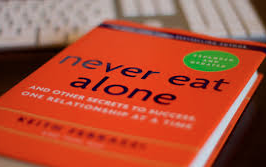Permaculture for the Rest of Us by Jenni Blackmore
The Big Idea: With creativity and persistence, you can live well on a small homestead, even if the climate is difficult and the soil is subpar. Every homestead will be unique. Contours, zones and sectors should be mapped out on paper before getting started. Zones are concentric circles around your home. Zone 0 is your…


